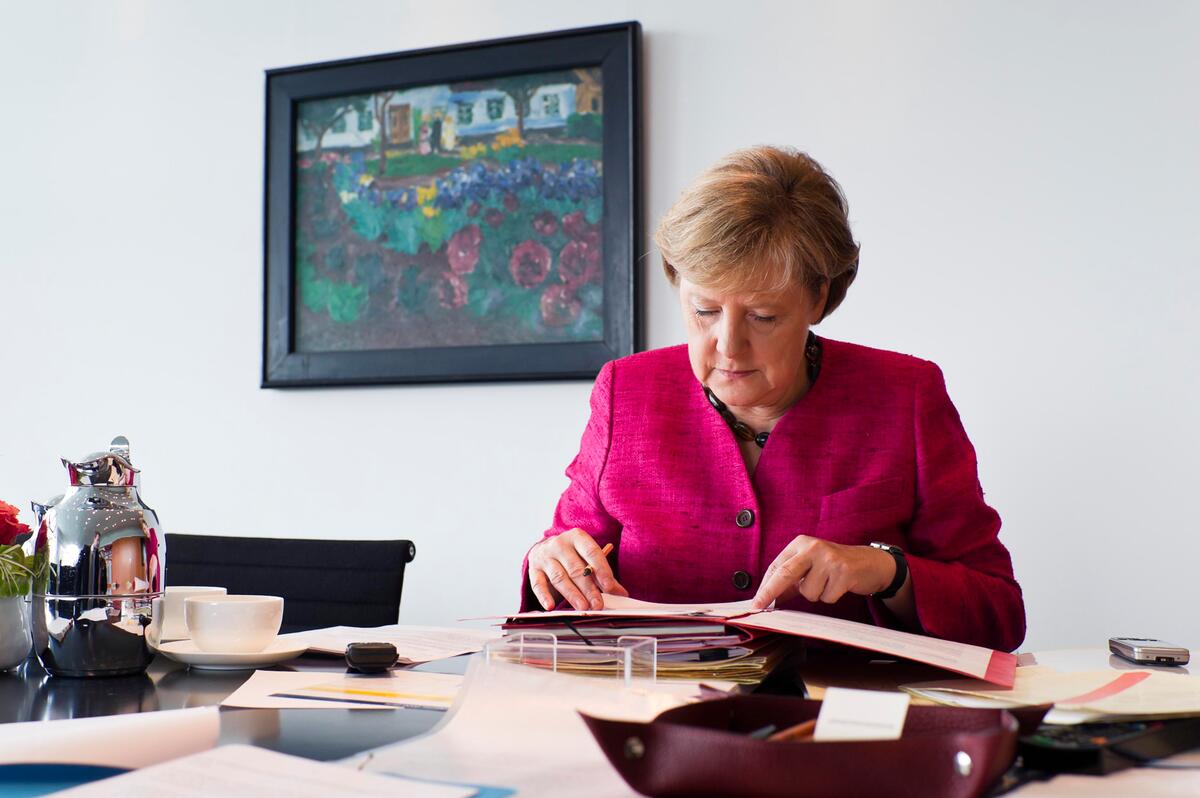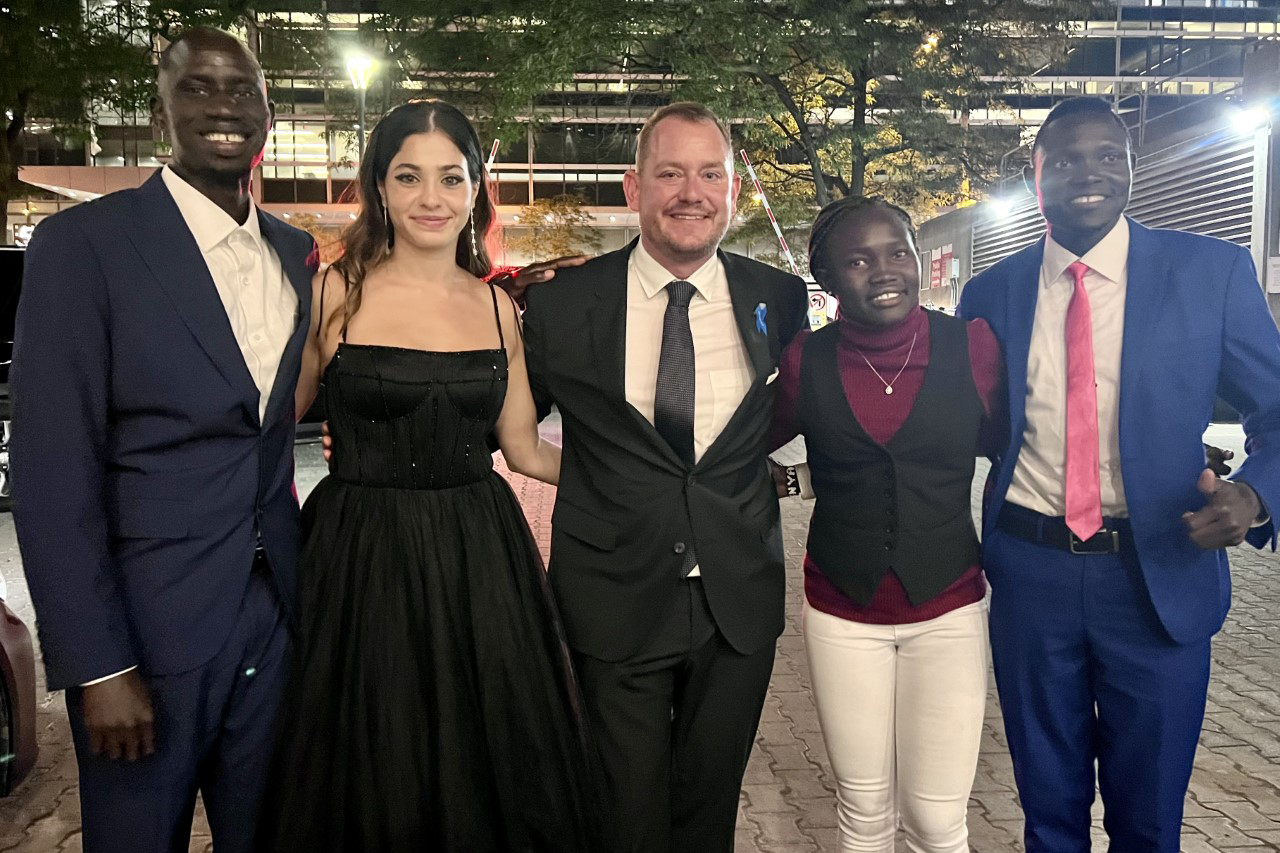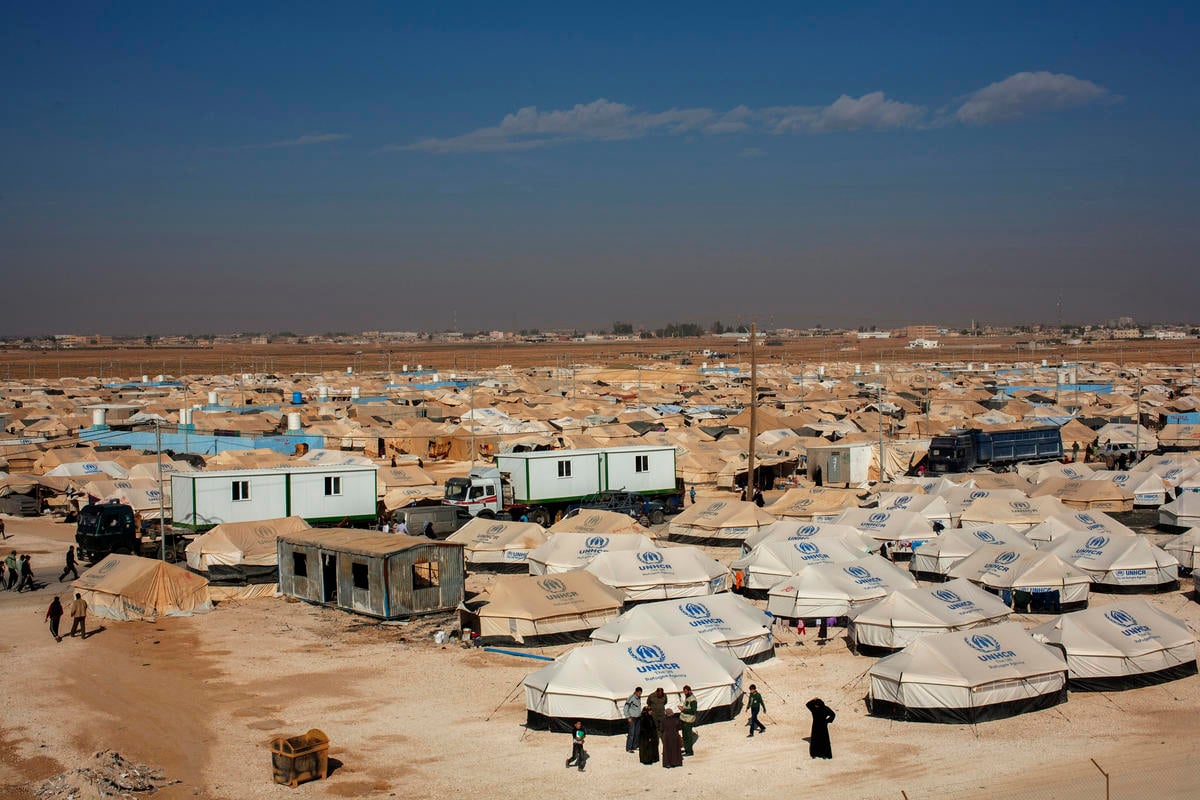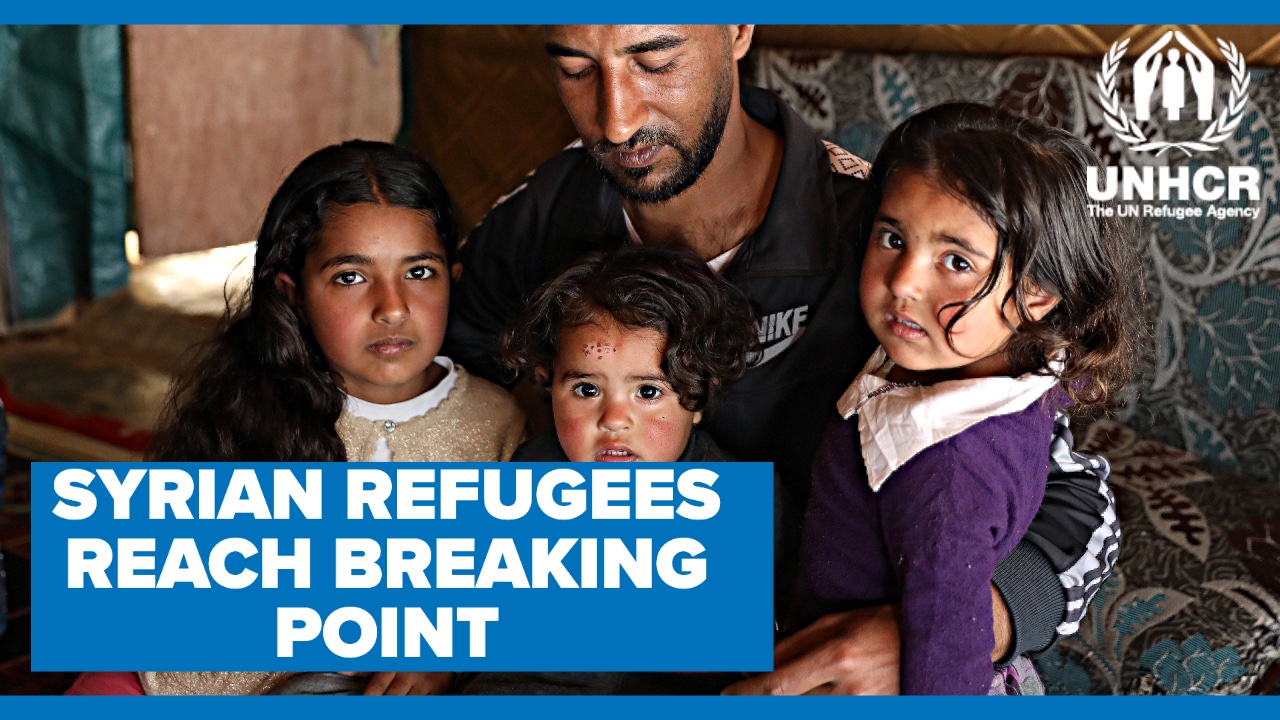UNHCR and host countries seek more help to cope with Syria refugee crisis
UNHCR and host countries seek more help to cope with Syria refugee crisis

AMMAN, Jordan, May 5 (UNHCR) - The UN refugee agency has joined the main host countries for Syrian refugees in calling on the international community to significantly step up efforts to address the growing human impact of the Syria crisis.
This latest appeal for the burden to be shared followed a meeting on Sunday in Jordan's Za'atari refugee camp chaired by Jordan's Foreign Minister Nasser Judeh and UN High Commissioner for Refugees António Guterres, and attended by top officials from Iraq, Lebanon, Turkey and Egypt.
Together, the five countries represented at the meeting are host to around 3 million Syrian refugees. The influx of refugees since the crisis started in 2011 has put a huge strain on their budgets and infrastructure, stretching services such as health and education to breaking point in some host communities.
"The humanitarian spill-over of the crisis in Syria has resulted in severe burdens for the countries sitting around this table," Judeh said. "We call on the international community to step up to the challenge and be more active and forthcoming in burden sharing."
In a communiqué issued after the meeting, Guterres and the ministers called on other nations to increase their financial and development assistance to host countries, and to keep their borders open to Syrians seeking protection.
"The truth is that the international support to the governments and the host communities has been minimal in relation to the needs," Guterres said. "Due to the protracted character of this crisis, this support needs to massively increase in the months to come."
To date, only 25 per cent of the funding requested under the UN's 2014 Syria Regional Response Plan has materialized, and direct financial support to the host countries is also below the level required. As a result, host communities are struggling to maintain basic public services in some areas due to the extra demand created by the presence of so many Syrian refugees.
After the meeting, Guterres and the ministers travelled to a school in nearby Mafraq where they met Syrian pupils attending lessons alongside Jordanian children in packed classrooms.
In total there are more than 120,000 Syrian pupils currently enrolled in Jordan's schools, with thousands more entering the system each term.
They also visited the maternity ward of a Mafraq hospital that handles some of the births by Syrian women at the Za'atari camp. More than 3,000 children have been born in exile to mothers at the camp since it opened nearly two years ago.
While underlining the need for greater international assistance for refugees and host countries, Guterres said the only lasting solution to the crisis was an end to the conflict inside Syria. "It is clear that there is no humanitarian solution for this crisis, the solution is political," he said. "There is also no military solution. This is a war in which nobody is winning and everybody is losing."
By Charlie Dunmore in Amman, Jordan








